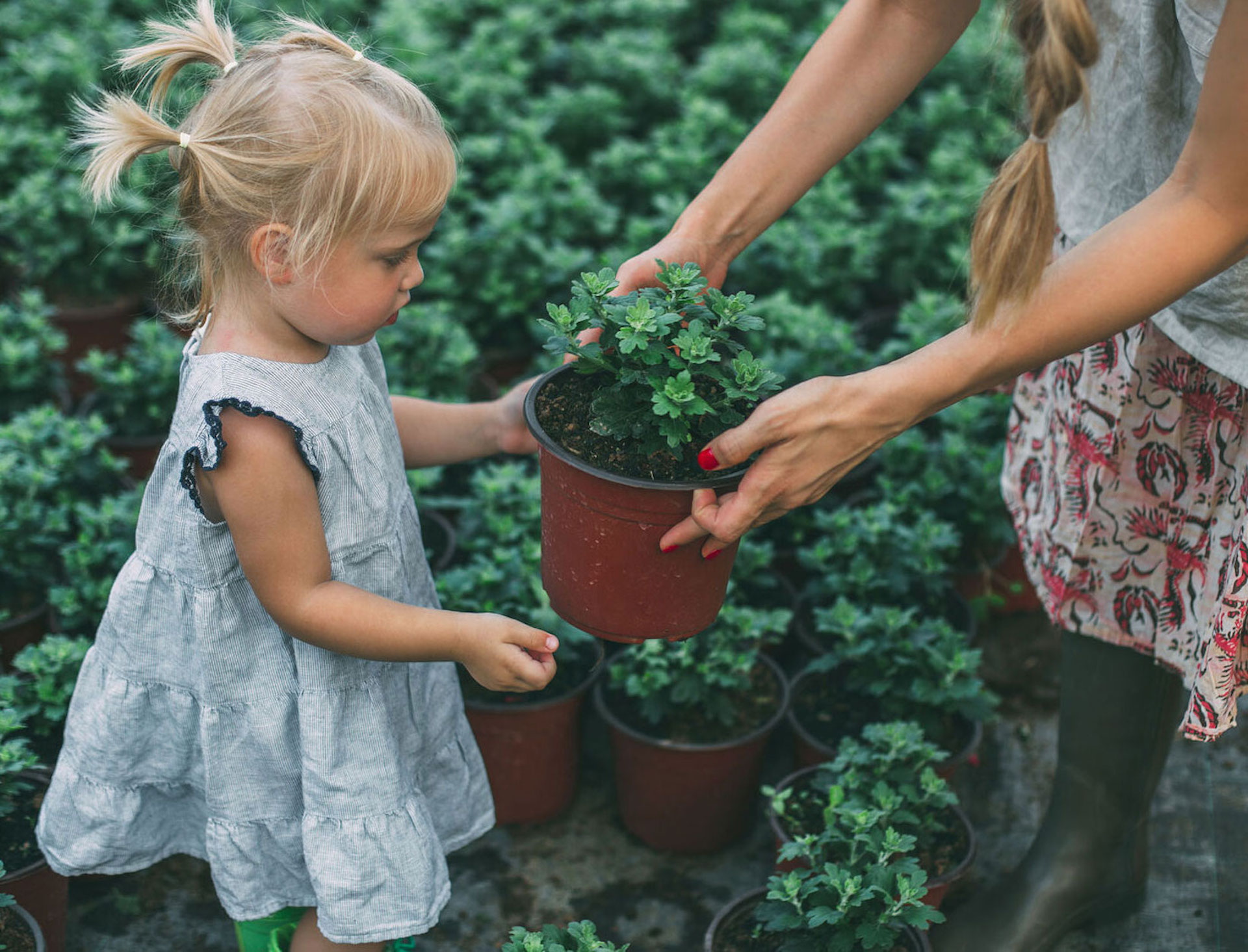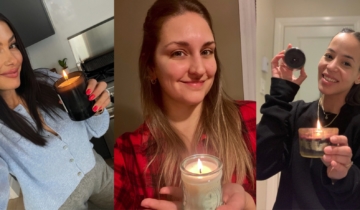A wise friend once told me “What’s in a diagnosis?”…words that I held on to over the years and use in my practice when working with families. We do not need a diagnosis to learn new strategies to adjust undesirable behaviors or teach a child to improve self-regulation. A diagnosis helps us to understand the child and meet them where they are at; however, it does not define the child.
When should a child be assessed?
A psychoeducational assessment can provide helpful strategies to manage the behaviors at home and school. Diagnosing young children for ADHD is still considered controversial before the ages of 6 or 7. The reason for this and largely overlooked, it is developmentally appropriate for young children to be impulsive. Evaluating them when they are older provides greater insight to assess their ability to concentrate and multi-task once they are in elementary school or even later.
Parents may feel overwhelmed and therefore seek the diagnosis early on for support. Regardless of a diagnosis or not, there are many strategies for parents to implement at home to make things easier on the child as well as for the whole family; strategies that help manage the behaviors especially for the child who may feel like they just cannot help themselves and often feel bad for their actions.
Here are some tools that are proven to help a child succeed:
?????? ? “???? ?????” ?? ????:
Children experiencing behavioral difficulties may experience exclusion or misunderstandings outside their home so it is vital to provide a safe space at home where they can simply ‘be’ who they are. If possible, create a special place in your home where your child can take a break from siblings or relatives. Decorate it with soft pillows and soothing colors, especially if the child becomes overwhelmed easily.
???? ??????? ?? ????????? ??? ?????? ????????:
If the child goes to daycare or you are looking for one, try to find a setting with smaller class sizes. This will allow for less distractions and movement in the classroom. A Montessori school or approach can also help foster the child’s creative development rather than make them adhere to formal classroom norms. When choosing social activities, try to find ones that involve fewer children such as swimming, karate or art classes. This will set the child up for more success with fewer distractions.
??????? ???????? ??????:
Throughout the day, children should be allowed and encouraged to take breaks from their activities and to have quieter spaces with fewer distractions. Breaks are essential to help target symptoms of distractibility and hyperactivity. At home or in school, a quiet corner can be set up with calming activities (picture books, headphones to listen to calming music, sensory or tactile toys, a mat to stretch out on), in a space with less traffic and distractions.
???? ?????? ??? ????? ????????????:
To help children as they grow and know their routines, we ask questions to stimulate language development and teach children how to become independent thinkers. In young children, we often give verbal instructions, older children can have them written out for them. In both cases, for a child with ADHD or symptoms of, be sure to break down the instructions into small steps by using clear and simple language. The instructions must be clear and concrete. Rather than a vague command such as: “Get ready for bed” we can say: “It is time to get ready for bed, first brush your teeth, then put on your pyjamas”.
????????? ???????:
Encouragement and support are essential to all parents. Let’s face it, parenting can be a tough job, but the rewards are truly great. Parenting a child with behavior difficulties often feels overwhelming for parents and they seek professional help as a last resort. We all can learn new strategies as our children grow. Parents of children with difficulties need to form a strong support network of professionals, educators, as well as other parents experiencing similar challenges. This will help parents feel less overwhelmed and more grounded to face the struggles with support and confidence so as not to feel alone. This is so important, always have hope.
Article contributed by OpenSpace Clinic
Tamara is a licensed psychoeducator, specializing in child development, behavior, and adjustment difficulties. She holds a graduate diploma in Youth Work from Concordia University, a graduate certificate in Psychoeducation from Université de Montréal; and is a member in good standing with the Ordre des psychoéducateurs et psychoéducatrices du Québec (OPPQ). Tamara works in both the public and private sectors and has experience working with children of all ages, parents, and families.
Through a solution focused approach, Tamara offers psychological support and guidance with positive strategies in the areas of: child development, emotional regulation and attachment, bedtime struggles, behavioral challenges, nutrition and picky eaters, positive parenting, relational difficulties, separation or divorce; and coping strategies for life’s challenging moments.
With care and compassion, Tamara strives to connect with her clients to foster a positive, trusting relationship; believing in each individual’s capacity to achieve their goals.
Feature image via Pinterest





 No products in the cart.
No products in the cart.